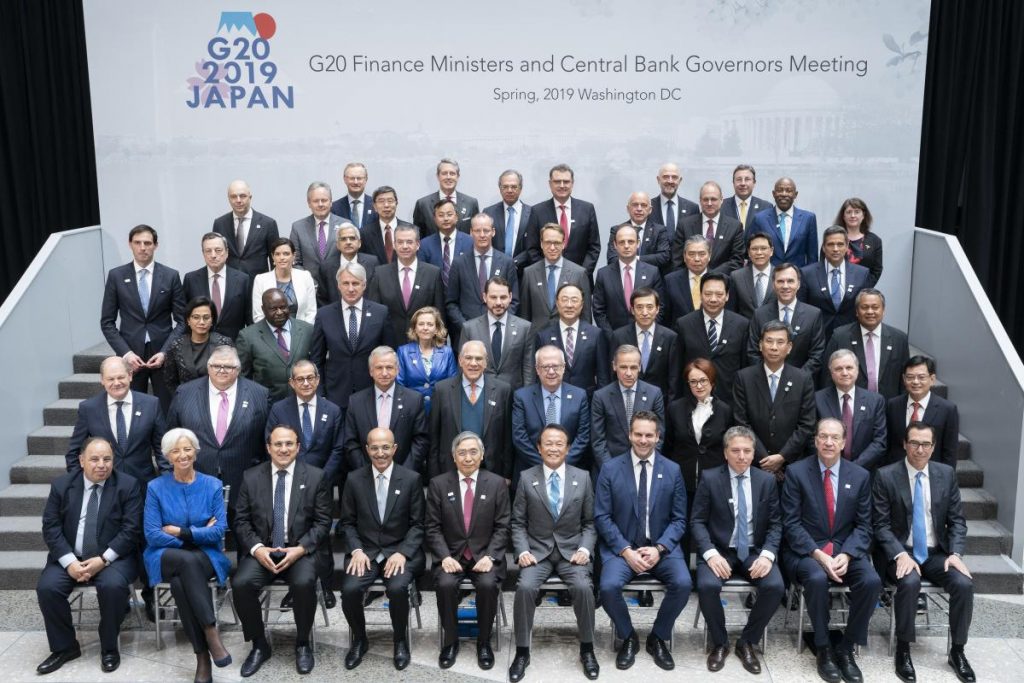G-20 Broadens Debate on AI Risks and Mulls Global Oversight
The G20 summit, hosted by Indian Prime Minister Narendra Modi, provided a platform for world leaders to engage in crucial discussions regarding the future of artificial intelligence (AI).

The primary focus of these discussions was to harness the economic potential of AI while safeguarding human rights, and many leaders voiced the need for global oversight of this rapidly evolving technology.
European Commission President Ursula von der Leyen proposed the establishment of an oversight body akin to the Intergovernmental Panel on Climate Change, emphasizing the necessity of “human-centric” AI governance. This sentiment was echoed by Modi, who emphasized the need to create a framework that ensures AI’s development aligns with human values and rights.
Notably, even AI innovators themselves are advocating for political leaders to play a regulatory role in AI development. The acknowledgment of this necessity underlines the importance of addressing the ethical and societal implications of AI on a global scale.
German Finance Minister Christian Lindner expressed the bloc’s commitment to addressing AI ethics through common rules. He noted that this process had already begun, with experts laying the foundation for deeper discussions in the coming year. The commitment to ethical AI governance is a significant step toward ensuring responsible AI development and deployment.
In their final communique, G20 leaders affirmed their dedication to “responsible AI development, deployment, and use.” This commitment encompasses the protection of fundamental rights, transparency, privacy, and data security while avoiding potential pitfalls. Additionally, the leaders endorsed a “pro-innovation regulatory/governance approach” designed to maximize the benefits of AI while carefully considering its associated risks.
This G20 initiative aligns with the previous agreement reached by leaders of the Group of Seven (G7) advanced economies. In May, the G7 leaders expressed concerns about the potential risks posed by AI technologies and initiated the “Hiroshima Process.” This process involves cabinet-level discussions aimed at addressing AI challenges, with results expected to be presented by year’s end.
AI governance is poised to remain a central focus in international forums. Italy, set to preside over the G7 in 2024, is committed to advancing AI governance. Italian Prime Minister Giorgia Meloni and Prime Minister Modi discussed coordination efforts during the G20 summit, signaling their commitment to a comprehensive and responsible approach to AI.
Also Read: SK Hynix’s $24 Billion Rally Unraveling on US-China Tech War
Furthermore, the United Kingdom is preparing to host the inaugural global summit on Artificial Intelligence on November 1-2. Prime Minister Rishi Sunak seeks to position the UK as a leader in AI technology, emphasizing its potential for both positive contributions, such as expediting medical diagnoses and reducing emissions and the need to mitigate potential misuse, including election interference and disinformation campaigns.
Key figures, including US President Joe Biden and prominent tech leaders, are expected to participate in the UK summit. This international collaboration underscores the global commitment to harnessing AI’s potential while ensuring ethical and responsible governance.

I am a law graduate from NLU Lucknow. I have a flair for creative writing and hence in my free time work as a freelance content writer.


